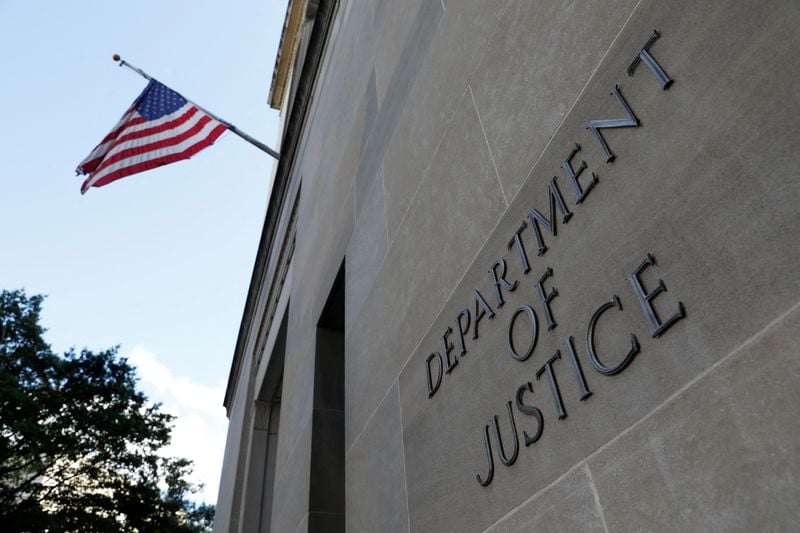Greenbelt, Maryland – U.S. District Judge George J. Hazel sentenced Eunice Nkongho, a/k/a “Eunice Bisong,” age 40 of California, late today to two years in federal prison, followed by three years of supervised release, for conspiracy to commit money laundering and money laundering, related to a scheme to fraudulently obtain goods using what appeared to be a military e-mail address, but was actually a registered Yahoo e-mail address. Judge Hazel also ordered Nkongho to pay restitution of $399,780. A federal jury convicted Nkongho of the money laundering charges on October 15, 2021, after a seven-day trial.
The sentence was announced by United States Attorney for the District of Maryland Erek L. Barron; Special Agent in Charge Christopher Dillard of the Department of Defense Office of Inspector General, Defense Criminal Investigative Service – Mid-Atlantic Field Office; Acting Special Agent in Charge Selwyn Smith of Homeland Security Investigations (HSI) Baltimore; and Special Agent in Charge Nasir Khan of the U.S. Department of Commerce, Office of Export Enforcement’s Washington Field Office.
According to testimony at the seven-day trial and to court documents, a co-conspirator of Nkongho’s established and used what was purported to be a U.S. Navy e-mail address, authentic forms, titles, addresses and other indicia to pose as a U.S. government contracting agent and fraudulently obtain merchandise, including large-screen televisions, specialized communications equipment, iPhones and iPads. Much of the fraud scheme was conducted from outside the United States, including from Nigeria. Three victim companies—one that provided wireless voice and data services that was headquartered in Washington State, one that was a wholesale audio-video distributor and manufacturer’s representative located in Virginia, and a defense contractor that designed, manufactured, and marketed communications equipment that was headquartered in Maryland—shipped merchandise, without prior payment, to co-conspirators on the East Coast. Those individuals then shipped the stolen items to other co-conspirators on the West Coast, where they were sold.
Specifically, the evidence at trial proved that Nkongho twice received bags of cash from a co-conspirator in a gas station parking lot in Los Angeles, which was proceeds from the sale of the fraudulently obtained Apple products. Nkongho then laundered the money through two separate series of complex transactions involving at least five bank accounts and, in doing so, both promoted the ongoing criminal activity and concealed the illegal source of the funds. After multiple transactions, Nkongho wired some of this money to a co-conspirator in Nigeria in a way that would avoid transaction reporting requirements.
Similarly, the evidence at trial proved that Nkongho engaged in other transactions to conceal the nature and ownership of proceeds from the sale of the fraudulently obtained televisions. In one of the conspiracy’s final acts, Nkongho provided a bag filled with more than $110,000 in cash to another co-conspirator so he could compensate other conspiracy members for their role in the television scheme.
Eight of the nine defendants charged in this case, including Nkongho, have been convicted for their roles in the fraud scheme. The final defendant, Eunice Nkongho’s husband, Peter Unakalu, is a fugitive.
United States Attorney Erek L. Barron praised the Defense Criminal Investigative Service, Homeland Security Investigations, and the Department of Commerce’s Office of Export Enforcement for their work in the investigation and thanked the FBI Washington Field Office and the Naval Criminal Investigative Service for their assistance. Mr. Barron thanked Assistant U.S. Attorneys Joseph R. Baldwin and Adam K. Ake, who are prosecuting the case.
# # #
